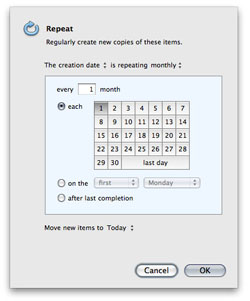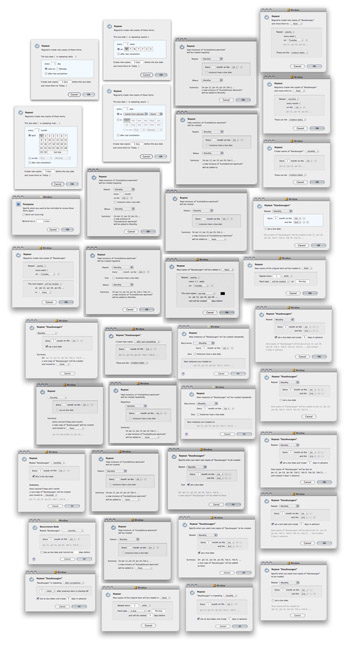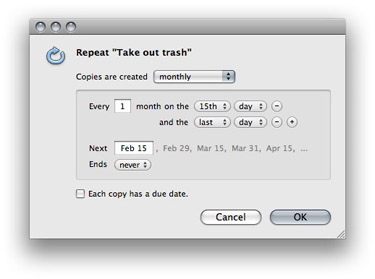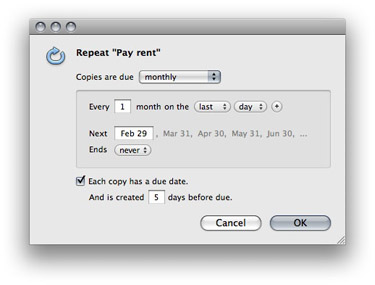... it is about whether listening to users makes sense. Steve Jobs in a Fortune interview recently said: “So you can’t go out and ask people, you know, what the next big [thing.] There’s a great quote by Henry Ford, right? He said, ‘If I’d have asked my customers what they wanted, they would have told me “A faster horse.”’”
On the iPhone special event, however, Phil Schiller said something different. “... there are a lot of things, these and others, that enterprise customers have told us... So we have been hard at work listening to them, compiling lists, trying to understand, what do they really want...”
Of course both Jobs and Schiller know that there are times when you listen to users and times you better not. And the interesting thing is, even when developers don’t listen, they might do it for the best of their users. But how is that?
By all means developers need to follow their vision without asking anybody. They need to think out of the box and innovate. How else could they surprise and ultimately delight?
One of the main responsibilities of a developer is to keep guard over the gestalt of a program. It is all too easy to let your application burst into a universe of hardly connected little features. We have all seen it happen. But it is equally easy to ignore your customers’ needs and to embark on a journey where nobody is following you.
It is not about listening or not, it is about what to do with all the things you have learned from listening. And that is integration. The best feature is worth nothing when not integrated properly. When we read a feature request, we don’t think about doing it or not doing it. After all, if software development is not about satisfying users, then what is it? We are thinking about how we could nicely integrate it with the rest of the application without diluting its identity.
So let us worry about the identity and gestalt of Things. Let us surprise you every once in while, but for everything else we are all ears.
And why didn’t we write about the iPhone SDK? Because it is covered quite well elsewhere.



